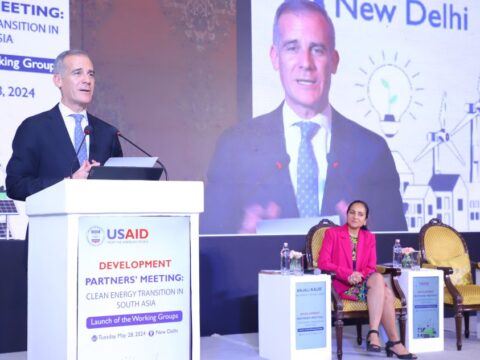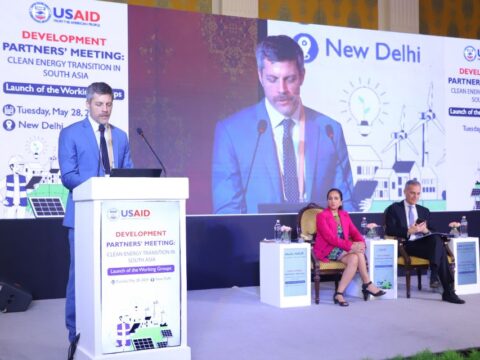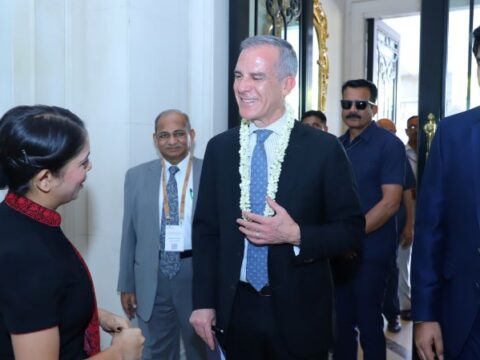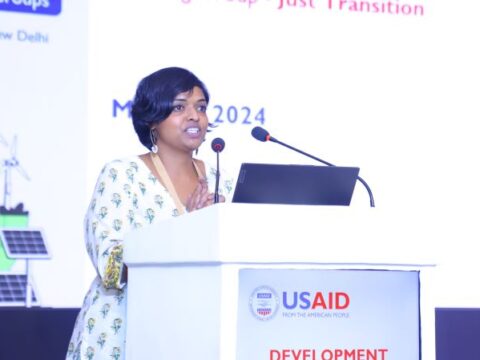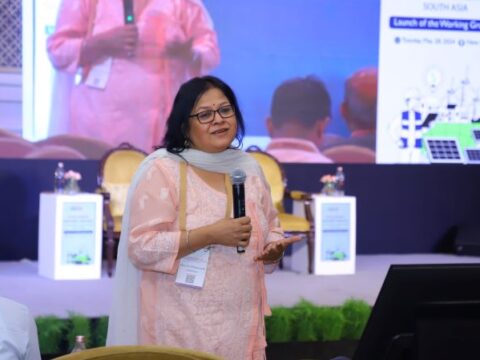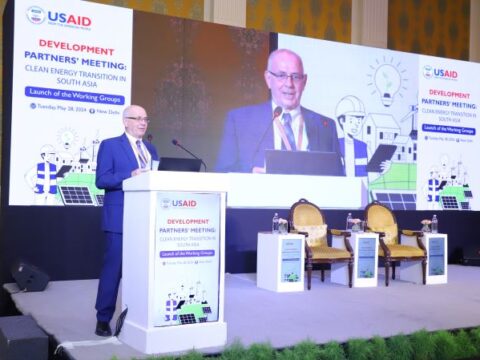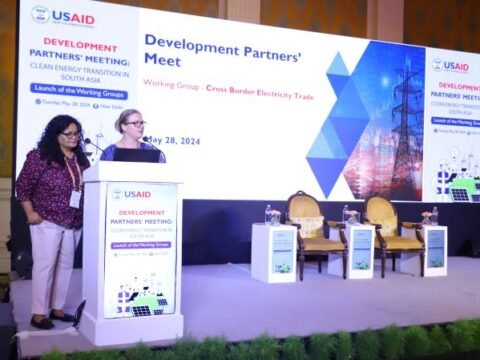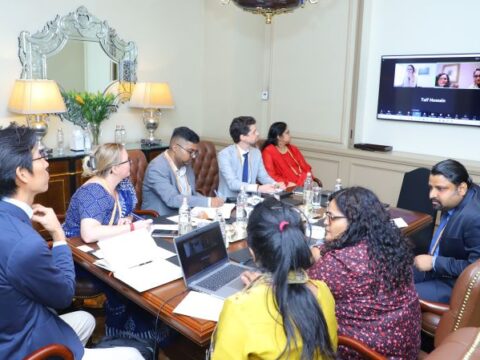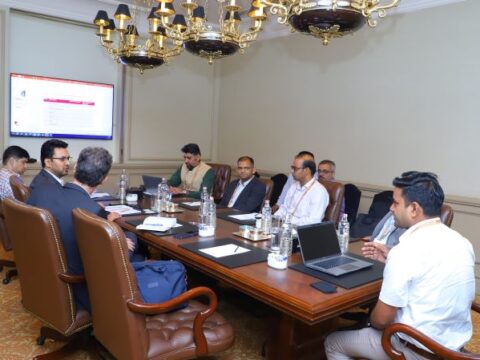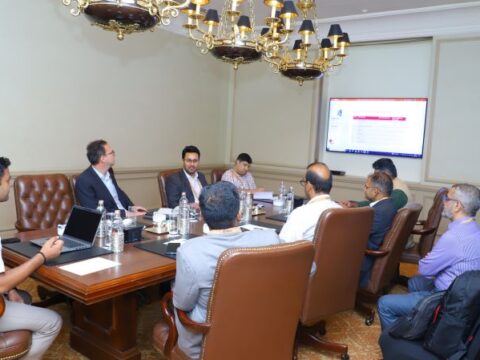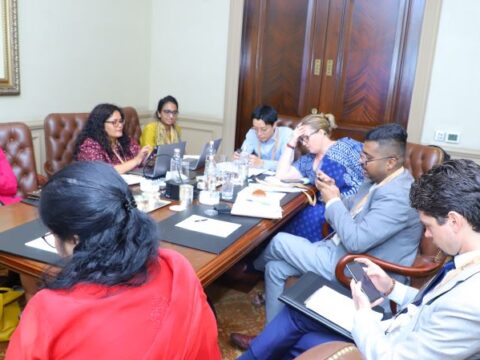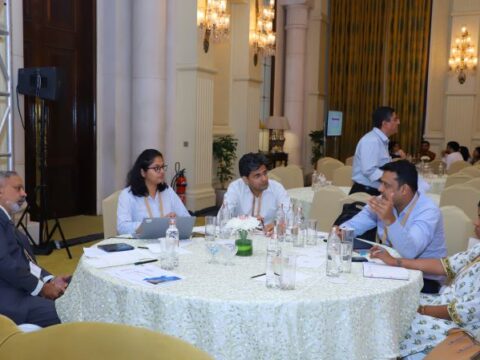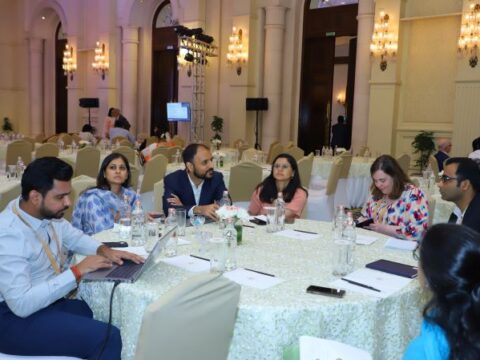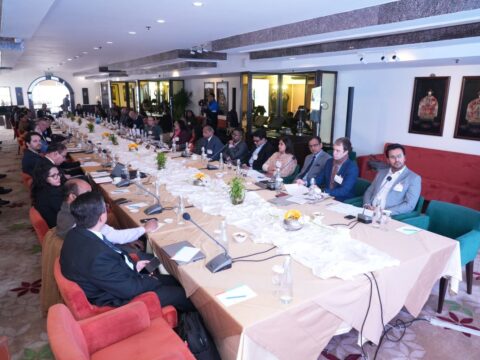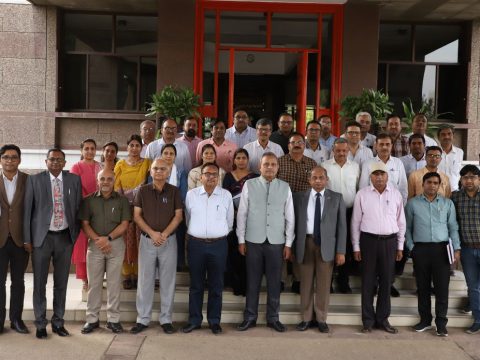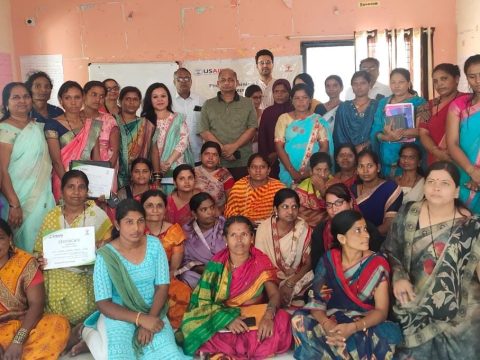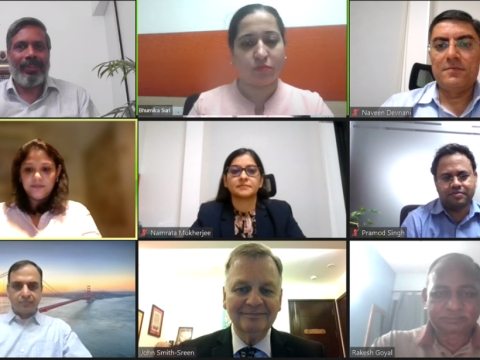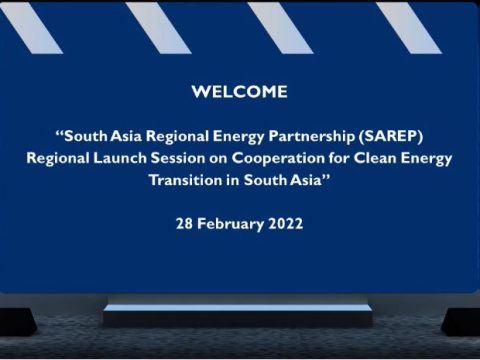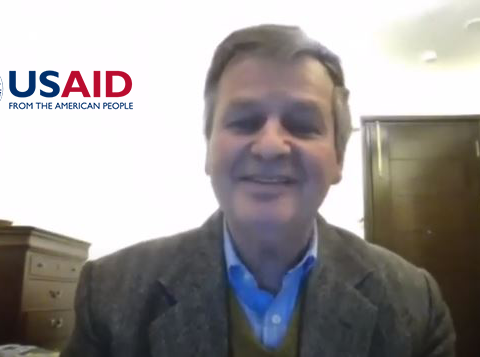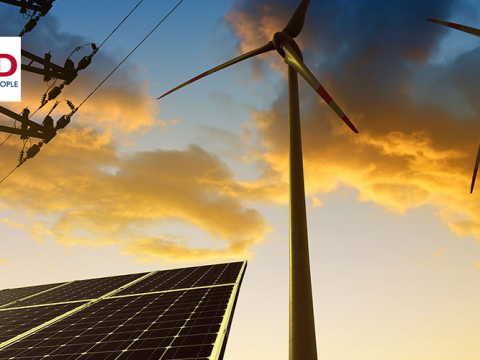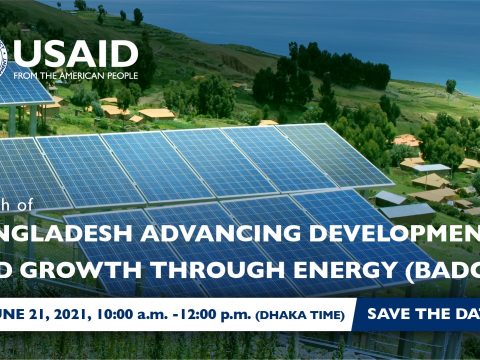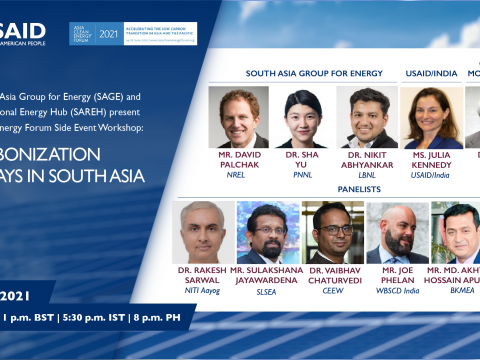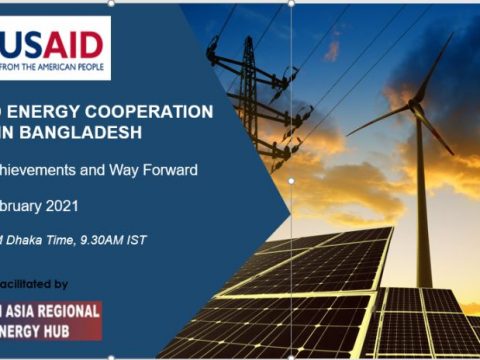SAREP
June 3, 2024
The second edition of the Development Partners’ Meeting on Clean Energy Transition in South Asia, organized by USAID through its South Asia Regional Energy Partnership (SAREP) program, was held on […]
February 9, 2024
The inaugural Development Partners’ Meeting on ‘Clean Energy Transition in South Asia- Meet’ held on January 31, 2024 in New Delhi, was a collaborative and strategic gathering organised by the […]
November 11, 2023
Continuing the effort to strengthen clean energy deployment and utility modernization, USAID’s SAREP program, in collaboration with the Ministry of Power, conducted a capacity-building workshop for the officials of Madhya […]
May 20, 2023
On May 15, 2023, a team from South Asia Regional Energy Partnership (SAREP) program conducted the program’s first grant monitoring visit under the SAREP Partnership Fund (SPF), for which the […]
October 16, 2022
The SAREP Partnership Fund (SPF) supports market-based transformative solutions to enable the clean energy transition, particularly by engaging the private sector, local organizations, and new, underutilized partners. It also harnesses […]
July 20, 2022
The South Asia Regional Energy Partnership (SAREP) Regional Launch Session on Cooperation for Clean Energy Transition in South Asia took place February 28, 2022. This virtual event witnessed a rich […]
July 19, 2022
The South Asian Regional Energy Partnership (SAREP) is a five-year flagship program of the United States Agency for International Development (USAID) India Mission. RTI International as the lead Implementing Partner […]
July 17, 2022
Financing Clean Energy and Smart Meter Rollout Roundtable and Stakeholder Consultation USAID’s South Asia Regional Energy Partnership (SAREP) program organised a roundtable and stakeholder discussion on October 22, 2021 titled […]
August 11, 2021
On Monday, 21 June 2021, the USAID/Bangladesh Mission Director Derrick S. Brown, joined by Mohammad Alauddin, Chairman, Sustainable and Renewable Energy Development Authority (SREDA), Government of Bangladesh announced the launch […]
August 11, 2021
“As a run up to COP26 and with the intent of catalysing accelerated collective action that is immediate, bold, and fast to address the climate crisis, USAID collaborated with the […]
August 11, 2021
The virtual forum provided a platform to share views on energy cooperation, economic development, job creation, partnership on global climate change, and much more. The forum highlighted some of the […]


